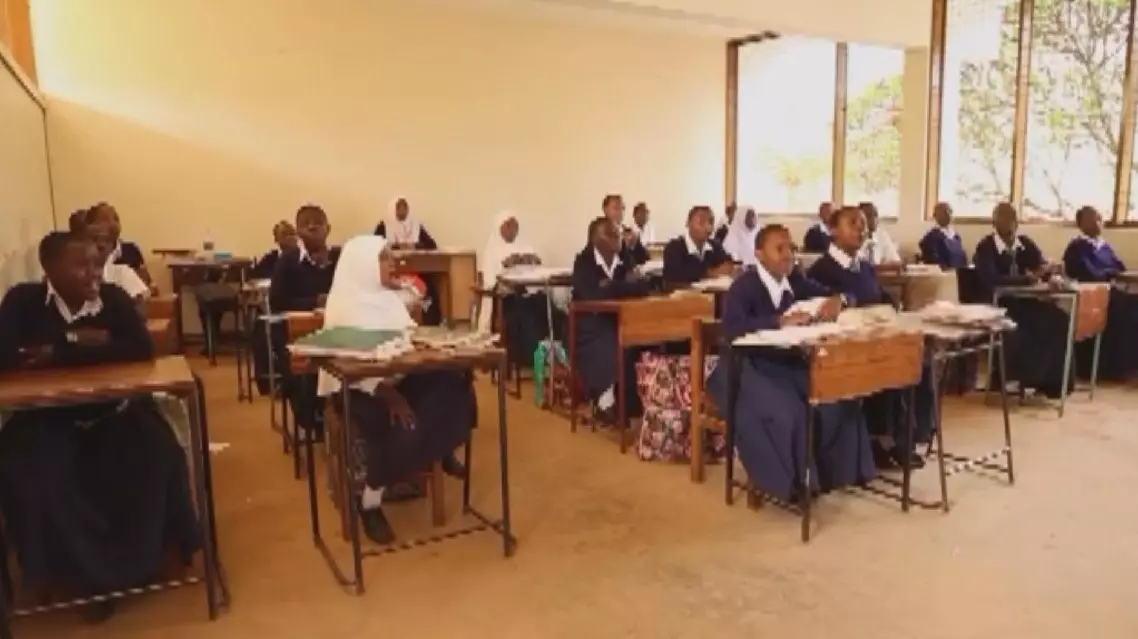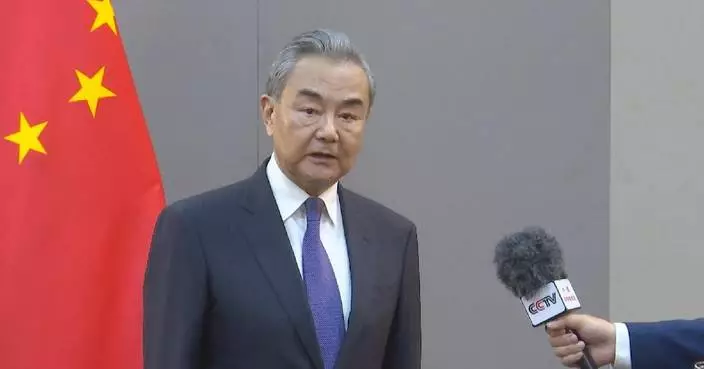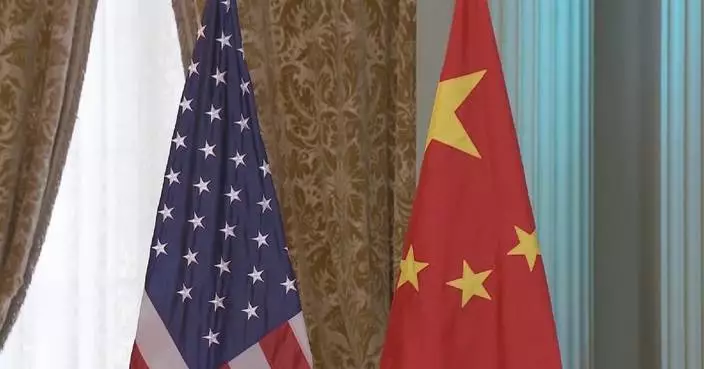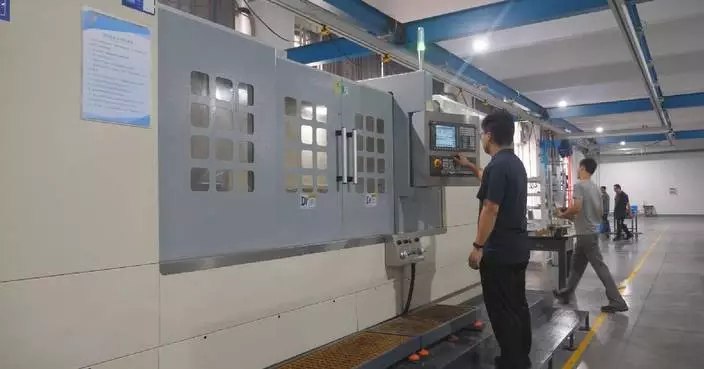The Palestinian death toll from the ongoing Israeli attacks in Gaza has risen to 44,211, with 104,567 injured, Gaza-based health authorities said in a statement released on Sunday.
In the past 24 hours, Israeli military operations in Gaza have caused 35 deaths and 94 injuries, the statement said.
Four people were killed and several others injured in an Israeli attack on a building in the Bureij refugee camp in central Gaza early Sunday, according to Palestinian media reports.
On Saturday, at least 12 Palestinian medical workers were injured in an Israeli bombing of Kamal Adwan Hospital in the northern Gaza Strip town of Beit Lahia, a medical official said.
Hossam Abu Safiya, the hospital's director, said the Israeli army bombed the entrance to the reception and emergency department, the hospital's yards, and its electricity generators.
On Sunday, the military wing of Hamas, the Al-Qassam Brigades, reported engaging in combat with an Israeli infantry group of 10 members in Rafah, in the southern Gaza Strip, resulting in deaths and injuries among the soldiers.
The Brigades also stated that they struck an Israeli military vehicle with a "Yassin-105" missile in Rafah.

Palestinian death toll from Israeli attacks in Gaza rises to 44,211
As China's expanding influence in Africa drives growing interest in its culture and language, Tanzania--whose largest trading partner is China--has begun introducing Chinese language courses as early as the primary school level.
In Tanzanian schools, the sight of students learning Chinese is becoming increasingly common. The Confucius Institute, which provides a range of Chinese language programs and scholarships, reports that interest in learning Mandarin among Tanzanians is rising.
According to the Chinese Embassy in Dar es Salaam, approximately 20,000 students are currently enrolled in Chinese language courses across various institutions in Tanzania, with the majority attending higher education institutions.
However, last year, the government introduced Mandarin as a subject at lower levels of education -- a move that has been met with great enthusiasm by many.
"Our school obviously is the first school to concentrate much on Chinese lessons, and most of the parents, they are appreciating [this approach], and they use it to admit their pupils [children] in our school. We started [offering Chinese lessons] for a short period of time, but we have a large number of pupils [students]," said Jane Shao, headmistress of Longquan Bodhi Primary School.
Zhang Xiaozhen, director of Chinese Studies at the Confucius Institute in Dar es Salaam, emphasized the importance of language learning in fostering understanding and strengthening ties between cultures.
"Language is a tool to help each other to understand each other. So, we hope that primary school students, by learning Chinese, that they can understand Chinese. And also, we Chinese people, we also need to learn Swahili so that we can understand each other and strengthen the relationship between our two countries," said Zhang.
The next step in this significant financial initiative could involve establishing primary and secondary schools where all subjects are taught in Chinese, with the aim of equipping young Tanzanians with new skills, access to technology, and business opportunities, thereby fostering stronger relations between the two countries for years to come.

Tanzania introduces Chinese language in primary schools amid growing ties with China










